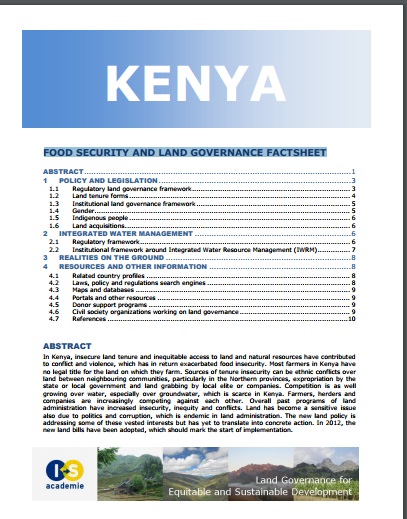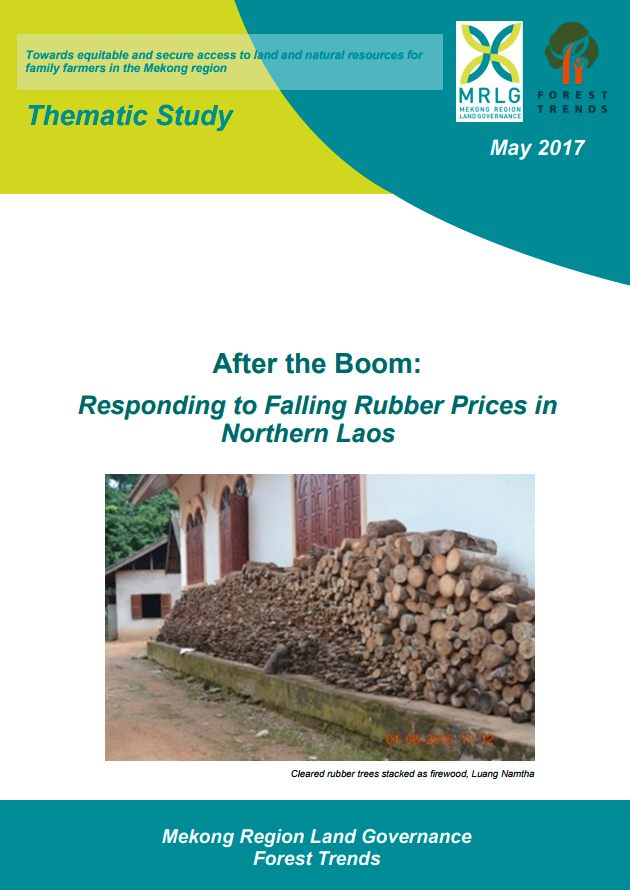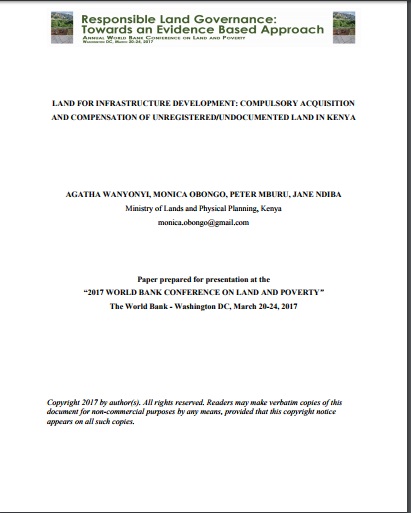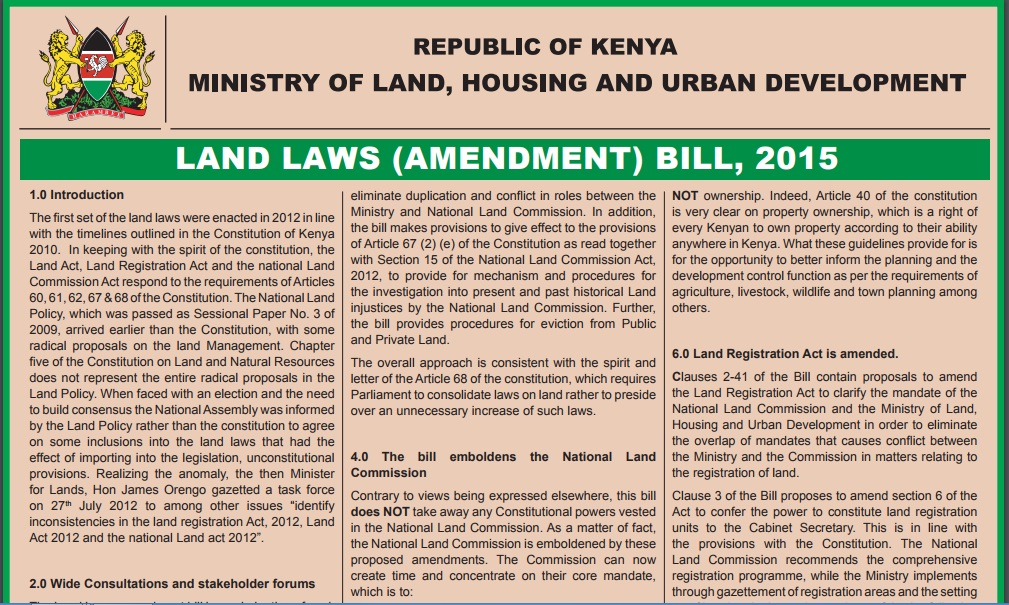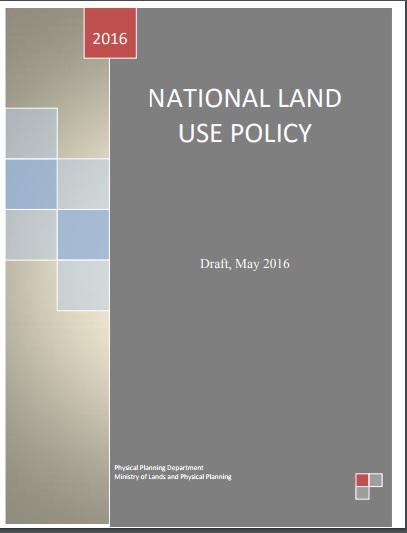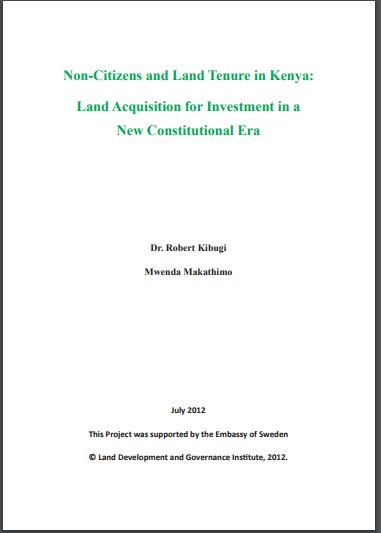The Petroleum (Exploration, Development and Production) Act,2015
A BILL for AN ACT of Parliament to provide a framework for the contracting, exploration, development and production of petroleum; cessation of upstream petroleum operations; to give effect to relevant articles of the Constitution in so far as they apply to upstream petroleum operations; and for connected purposes.


